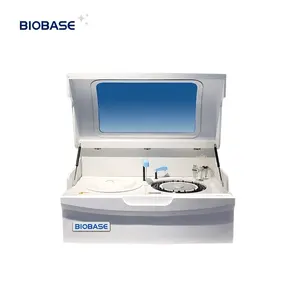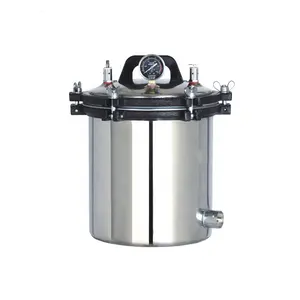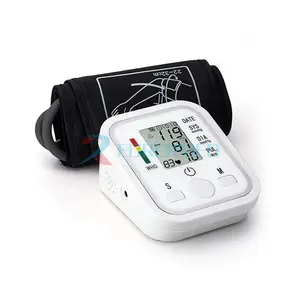Popular in your industry










































































Related Searches:

























































































































Top categories
About biochemistry cuvette
The Essential Role of Biochemistry Cuvettes in Laboratory Settings
The realm of laboratory research and analysis is intricate and demands precision, where even the smallest tools can be of utmost importance. A biochemistry cuvette is one such fundamental instrument, often overlooked but critical for various analytical techniques in biochemistry labs. These cuvettes are small, tube-like containers designed for holding samples during spectroscopic experiments where light absorption or transmission measurements are required.
Types and Materials of Biochemistry Cuvettes
Diverse applications call for different types of cuvettes in biochemistry. They are typically made from materials like quartz, glass, or plastic, each serving distinct experimental needs. Quartz cuvettes are preferred for their broad spectral transparency, especially in UV light experiments, while glass and plastic cuvettes are commonly used for visible light measurements. The choice of material impacts the cuvette's path length, affecting the accuracy of photometric readings.
Applications and Features
Biochemistry cuvettes are integral in various applications such as DNA analysis, enzyme kinetics, and cell culture monitoring. Their design features include optical windows for minimal light absorption and a clear path that allows light to pass through the sample. This design is crucial for obtaining precise measurements in assays and other biochemical analyses.
Advantages of Using Quality Cuvettes
Utilizing a high-grade cuvette in biochemistry ensures that the results of experiments are consistent and reliable. These cuvettes are designed to be resistant to chemical corrosion and thermal shock, which is particularly important when working with corrosive substances or in temperature-controlled experiments. The durability of a stainless steel cuvette also makes it a preferred choice for long-term use in rigorous lab environments.
Selection Considerations for Biochemistry Cuvettes
When selecting a biochemistry cuvette, considerations such as the required volume, light path, and compatibility with the spectrophotometer are crucial. The cuvette must align with the specific requirements of the experiment to ensure accurate readings. Additionally, the cuvette's resistance to cleaning agents and its ability to maintain its integrity over multiple uses is an important factor for laboratories that handle a high volume of samples.
Conclusion
In conclusion, the biochemistry cuvette is a pivotal component in the toolkit of any biochemical laboratory. Its role in precise analytical measurements makes it indispensable for research and industrial applications alike. Alibaba.com, as a leading B2B platform, connects buyers with a diverse range of suppliers offering various types of cuvettes to meet the needs of any biochemistry lab.












































